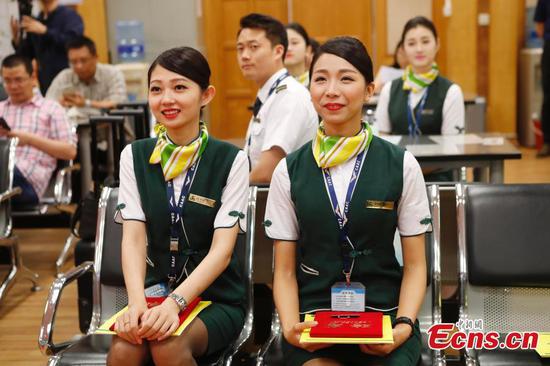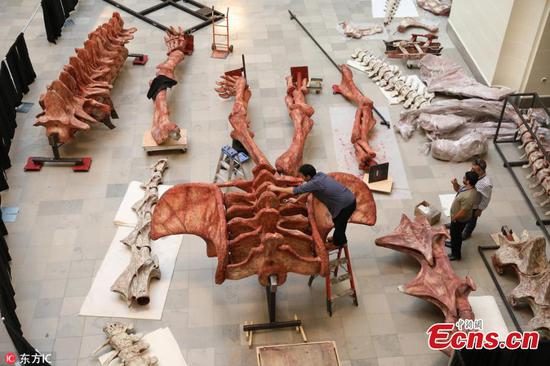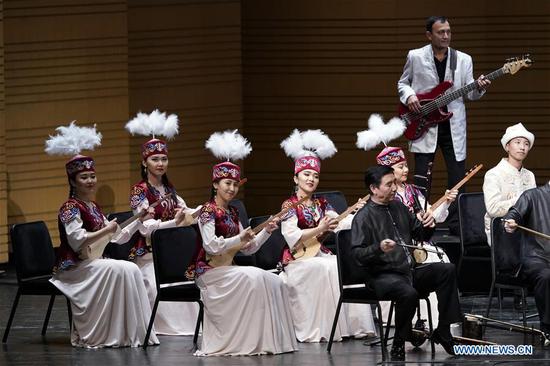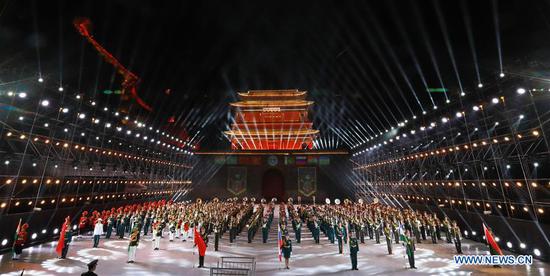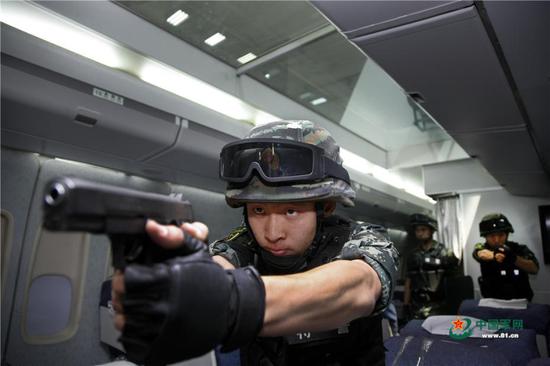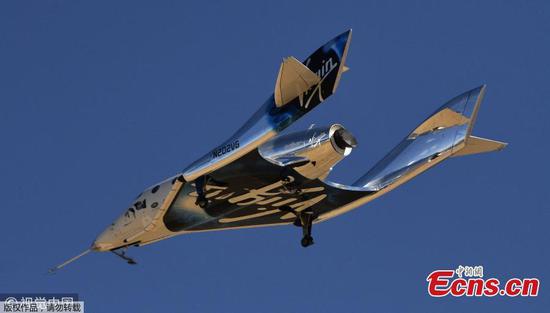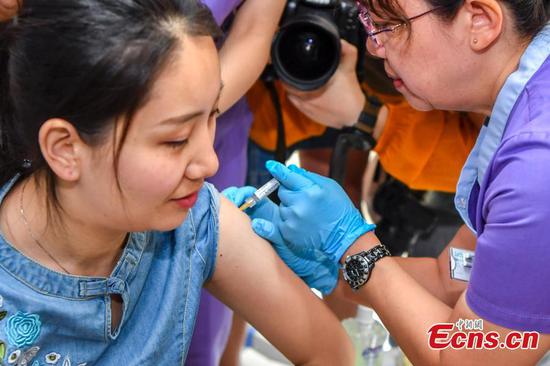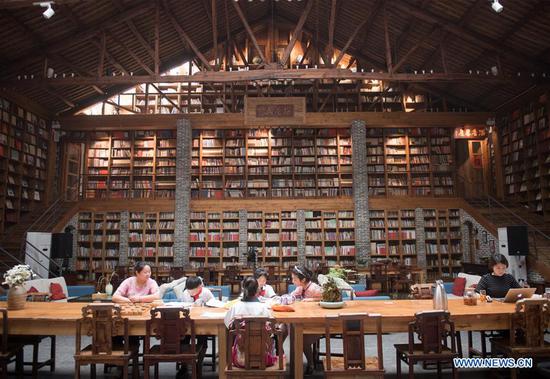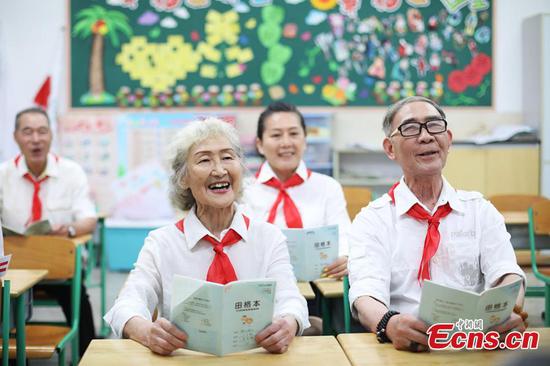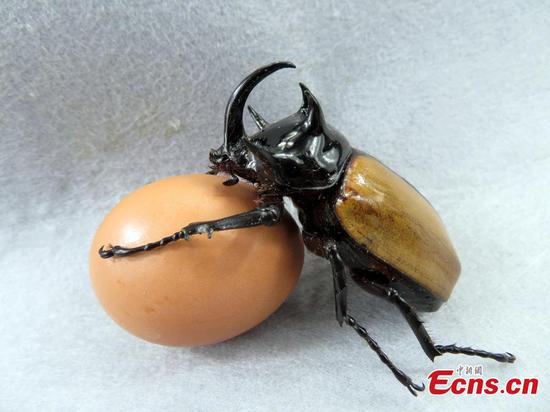
An instructor trains club members at Pure Fitness, a gym opened by Hong Kong-originated Pure Group in Shanghai. (Photo provided to China Daily)
HK-originated Pure Group eyes mainland market amid ongoing consumer shift toward health
As small fitness studios and independent instructors mushroom in big cities, Hong Kong-originated premium gym chain Pure Group has opened its first outlet in Shanghai, which is believed to be one of the biggest and most expensive in town, if not the country.
Covering 3,010 square meters on the top two floors of luxury shopping mall IAPM, where fashion brands such as Prada and Gucci cluster downstairs, the new Pure Fitness gym includes a spinning classroom with a $5 million screen offering a 270-degree perspective that immerses cyclists in virtual scenes such as glaciers and race tracks.
"Being large doesn't mean the sacrifice of privacy or intimacy. We think that our customers over the long term want more than just one program," said Colin Grant, co-founder and CEO of Pure Group, in Shanghai before the store opened in April.
"I have lived in Hong Kong for nearly 40 years, and always looked at the mainland for the right timing," Grant said.
"Now there is almost a global trend toward not only exercising, but also having a healthy lifestyle. China is no exception, if not a leading player. So now is the right time," said Grant, a tennis fan who established the company in 2002.
Dubbed "the gym of choice for Hong Kong's financial elite", the Shanghai outlet's annual membership fees start at 13,000 yuan ($2,034), excluding any private one-on-one sessions.
Customers can also pay a day rate of 300 yuan to use all of its facilities.
In contrast, emerging small fitness workshops, usually about 100 to 300 square meters in size, charge a minimum of 68 yuan for a one-hour session in activities such as belly dancing and Thai boxing.
In Hangzhou, capital city of Zhejiang province, a startup gym chain, LeFit, has man-aged to lower its membership fees to 99 yuan a month by eliminating facilities such as shower rooms. Founded in late 2016, the chain has grown its presence in more than 60 cities and had opened 200 outlets by the end of last year.
These new studios, which make up less than 10 percent of China's more than 20,000 gyms, are believed to be attracting a substantial number of new gym-goers because of the affordable prices. There was also explosive growth in 2017 of traditional large footprint clubs measuring 2,000 square meters and above, such as Will's and Luck Bird, which saw revenue up by 50 to 80 percent year-on-year, according to Kelvin Goh, CEO of Shanghai-based AsianFit Consulting.
"This kind of all-in-one-stop model has been working globally for decades. We have 16 years of experience in the field, while the small independent ones are just popping up," said Grant, talking about competition with emerging small-scale studios.









